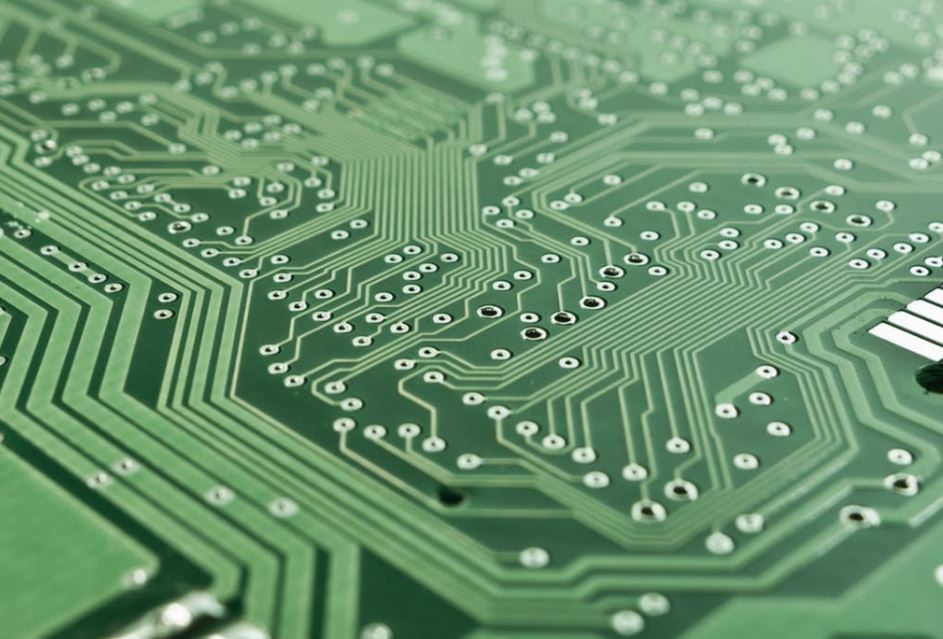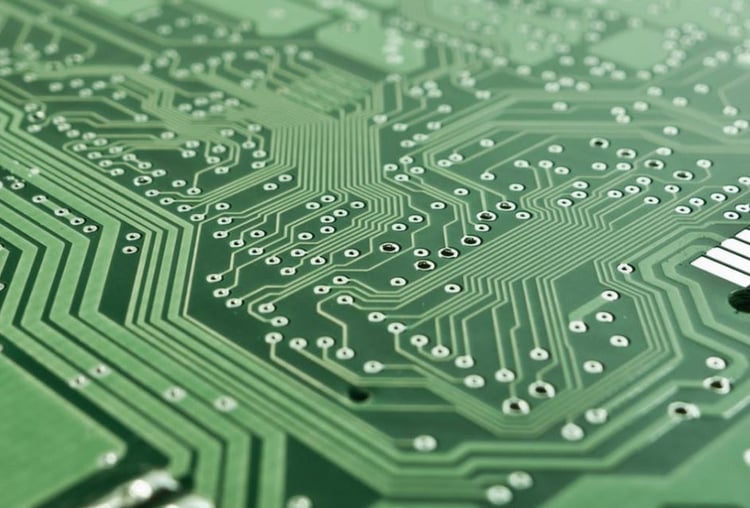
Is microchipping humans the next big thing?
A US retail company, 32M, recently offered to microchip their employees.
Yes, you read that right: microchipping people is the next big thing. According to 32M, there are a huge number of benefits that come with human microchipping, including enabling employees to log onto their computers, open doors and even purchase snacks from vending machines with just a swipe of their hand. But we were left wondering what this could possibly mean for the future.
What are the benefits and challenges of microchipping? And what could it mean for different industries? Could our lives really be transformed by inserting a chip the size of a grain of rice under our skin? And of course, what does this all mean for privacy and security issues? Read on to find out more…
Microchips and the retail experience
One industry area that is already experimenting with the introduction of microchips is the retail industry. Back in 2013, Burberry used microchip technology to personalise luxury experience and tell the story behind their brand by embedding chips into their products which showed customers a video recording the journey of the product from original sketches to production and runway edits.
Fast forward to 2017 and Apple are transforming the retail experience with Apple Pay, allowing users to swipe their phones at cash registers rather than use a card – and as technology continues to develop, microchips could continue to transform the retail industry and the user experience. For consumers, this means there could soon no longer be any need to worry about forgetting or losing your wallet, misplacing your bankcard or losing a loyalty card; after all, an implanted chip is impossible to lose or steal. The possibilities are endless: imagine being able to pay for your purchases just by being there, or hopping on the tube and just walking through the barriers.
There are huge benefits for retailers, too, with some considering adding chips to products to help distinguish if it is real or fake. Counterfeiting plagues the luxury sector, costing European companies approximately $30 billion a year. By just sewing a RFIC chip into clothes and accessories, purchasers can scan and authenticate them to ensure they are the real thing. In addition, microchipping can also help retailers increase sales by enabling them to restock more efficiently and accurately, as well as helping to fight theft by preventing people from returning unregistered or stolen products to stores.

How microchips can be used in healthcare
It’s not just the retail sector that could benefit from microchipping, though. By giving medical professionals instant access to medical records in emergency situations, microchips could literally mean the difference between life and death in healthcare. If a patient is unconscious, a simple scan of the chip would allow doctors to access vital information about their medical history and allergies instantly. In fact, a company has recently developed a chip specifically for use with people who have Alzheimer’s, dementia or other high-risk conditions to empower HCPs to do just that.
Microchips have also been used with patients diagnosed with chronic heart failure, allowing doctors to monitor the patient’s condition remotely from the comfort of their own home alerting them in any changes in blood pressure before the patient even gets any symptoms. In 2011, results from a similar trial in the US showed that this type of sensor reduced hospital admissions by an average of 30% after six months.
What are the concerns and risks?
So far, the benefits of human microchipping seem pretty great. But unfortunately, there is one big glaring concern: isn’t it all a bit Big Brother-esque? Having the ability to track the whereabouts of every employee, customer and patient naturally results in a number of privacy and safety concerns, not to mention the risk to freedom. With so much information so readily available, microchips would be a prime target for hackers, meaning that personal data could easily be corrupted, wiped or copied.
There are also implications regarding ethics and freedom. What would happen to our freedom of choice? After all, consumers and employees wouldn’t be free to remove the chip on their own. And further down the line, what if chipping becomes mandatory for anyone wanting a job or National Insurance number? Additionally, because microchipping is in its infancy, we don’t know enough about the health implications involved yet. They can migrate to a different place, interfere with devices such as defibrillators and MRI scanners, and there’s also the possibility of reaction and infection. Are we going full steam ahead with technology we don’t really understand?
Wherever you sit on the debate on the question of microchipping, one thing’s for certain though, as technology continues to become better and better, this is certainly going to be an interesting one to watch.
Read our other tech blogs now!



-Feb-19-2026-09-59-49-0345-AM.png)

-Feb-19-2026-09-59-49-0345-AM.png?width=500&name=Untitled%20design%20(3)-Feb-19-2026-09-59-49-0345-AM.png)

-Jun-27-2025-09-37-39-2384-AM.png?width=500&name=Untitled%20design%20(3)-Jun-27-2025-09-37-39-2384-AM.png)






